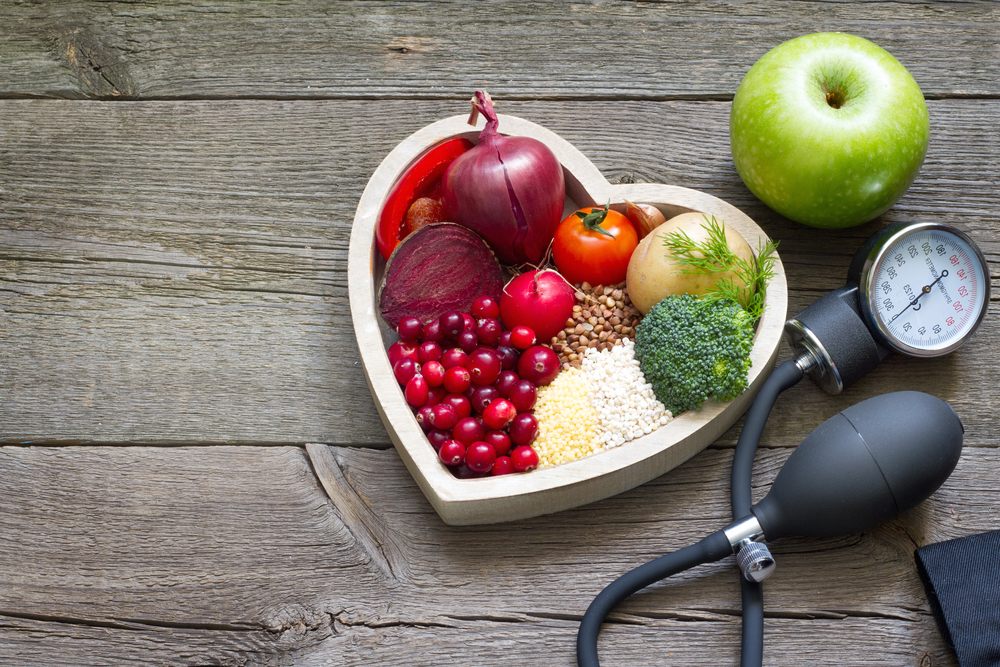Last week I spent most of the week with a mild head cold. Nothing crazy, but enough to motivate me to review my old im munology notes yet again to relearn what I already know (it’s always fun picturing the T-cells destroying the bad stuff). Times like these also motivate me to relearn other things, like how nothing gets rid of a cold other than some basics including: sufficient rest, fluids, stress management and a good diet.
munology notes yet again to relearn what I already know (it’s always fun picturing the T-cells destroying the bad stuff). Times like these also motivate me to relearn other things, like how nothing gets rid of a cold other than some basics including: sufficient rest, fluids, stress management and a good diet.
Sometimes when I’m sick, I’ll also scan the literature for new research on the common cold. Usually it’s more of the same: sleep deprivation triggers a depression in immune function, more research is needed to show if supplement X helps, excessive exercise causes a depression in immune function while light exercise may help, and so on.
However, in today’s search, I came across something new that may help us cope with the common cold. The only downside is that this new information applies to a small subset of the population. It fact it’s so specific, it’s almost not worth mentioning and learning…other than the fact that the specific subset I’m referring to is exactly who we are: athletes to train vigorously in cold weather!
What does the science say?
In general, it’s has been proven time and time again that popping vitamins does not help to speed up the recovery associated with the common cold if you are already sick. Long-term supplementation also does not help to prevent the common cold. There is some research suggesting that long term supplementation may reduce the duration of the cold, but that always sounded like a lot of effort and money for a marginal improvement on something
that rarely happens.
So I had long given up on vitamin C. Maintain a healthy diet rich and fruits and vegetables, and that was all I needed in my mind (if I achieve said goal).
Continue reading HERE in the WRS Magazine


 munology notes yet again to relearn what I already know (it’s always fun picturing the T-cells destroying the bad stuff). Times like these also motivate me to relearn other things, like how nothing gets rid of a cold other than some basics including: sufficient rest, fluids, stress management and a good diet.
munology notes yet again to relearn what I already know (it’s always fun picturing the T-cells destroying the bad stuff). Times like these also motivate me to relearn other things, like how nothing gets rid of a cold other than some basics including: sufficient rest, fluids, stress management and a good diet.